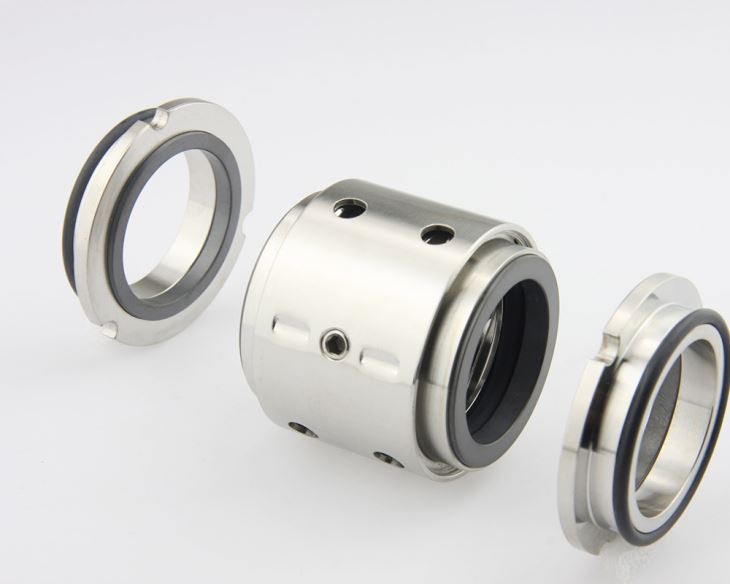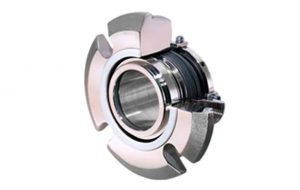Mechanical seals are an essential component in many industrial applications, including pumps, compressors, and mixers. They are designed to prevent the leakage of fluids and gases between two surfaces, typically a rotating shaft and a stationary housing. One common question that arises when discussing mechanical seals is whether they rotate or not. In this article, we will explore the answer to this question and provide a comprehensive overview of mechanical seals, their function, and their importance in industrial applications.
What is a Mechanical Seal?
A mechanical seal is a device that creates a static seal between two surfaces, preventing the leakage of fluids and gases. It consists of two main components: a rotating element, typically a shaft, and a stationary element, typically a housing. The two elements are held together by a spring, which applies pressure to the seal faces, creating a seal. The seal faces are typically made of hard materials such as ceramic or tungsten carbide, which are resistant to wear and corrosion.
Does a Mechanical Seal Rotate?
The answer to this question depends on the type of mechanical seal. There are two main types of mechanical seals: stationary and rotating. Stationary mechanical seals are fixed in place and do not rotate. They are typically used in applications where the shaft is stationary, such as in mixers or agitators. Rotating mechanical seals, on the other hand, are designed to rotate with the shaft. They are commonly used in pumps and compressors, where the shaft rotates at high speeds.
The Importance of Mechanical Seals in Industrial Applications
Mechanical seals play a critical role in preventing the leakage of fluids and gases in industrial applications. They are used in a wide range of industries, including oil and gas, chemical processing, and water treatment. Without mechanical seals, leaks can occur, leading to safety hazards, environmental damage, and costly downtime.
In addition to preventing leaks, mechanical seals also help to improve the efficiency and reliability of industrial equipment. By creating a tight seal between the rotating shaft and stationary housing, mechanical seals reduce friction and wear, which can lead to longer equipment life and reduced maintenance costs.
Conclusion
In conclusion, mechanical seals are an essential component in many industrial applications, and their importance cannot be overstated. While some mechanical seals rotate with the shaft, others are stationary. Regardless of their design, mechanical seals play a critical role in preventing leaks, improving efficiency, and reducing maintenance costs. As such, it is important to choose the right mechanical seal for your application and ensure that it is installed and maintained correctly to ensure optimal performance.





+ There are no comments
Add yours